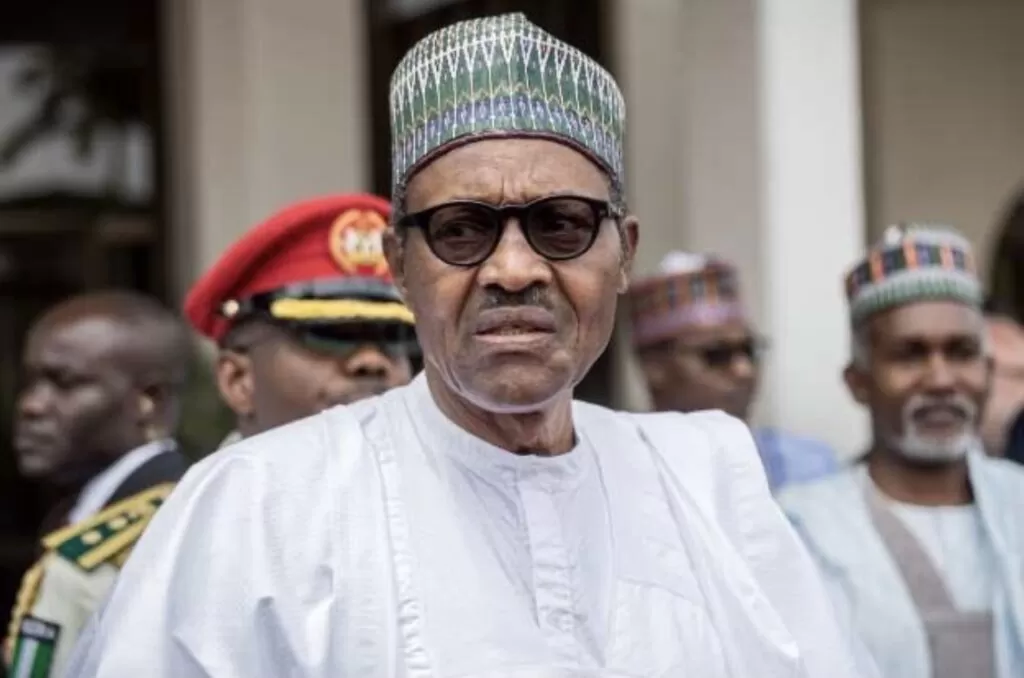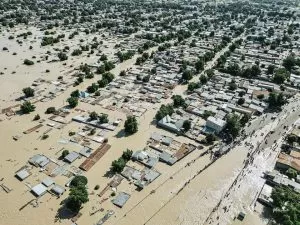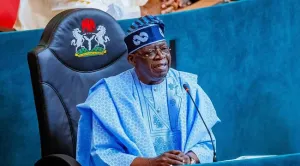Former Nigerian President Muhammadu Buhari Dies of Leukemia at 82

President Mohammadu Buhari Eagerly Anticipates Return to Daura
Lagos, Nigeria – July 13, 2025 – Former Nigerian President Muhammadu Buhari, a towering figure in Nigerian politics and a polarizing leader, passed away on Sunday, July 13, 2025, at a private medical facility in London, United Kingdom, after a prolonged battle with leukemia. He was 82 years old. The news of his death was confirmed by multiple sources, including close aides and media outlets, marking the end of an era for a man whose legacy shaped Nigeria’s political landscape for decades.
A Battle with Leukemia
Buhari’s health had been a subject of concern for several years, particularly during and after his presidency. Reports indicate that the former president was diagnosed with leukemia, a type of blood cancer that affects the bone marrow and lymphatic system, leading to an abnormal production of white blood cells. Despite receiving treatment at a top-tier medical facility in London, his condition reportedly worsened in recent months, culminating in his death on Sunday evening.
Leukemia, known for its aggressive nature, requires intensive treatment, including chemotherapy and sometimes bone marrow transplants. While details of Buhari’s medical journey were kept private, sources close to the family noted that he had been in and out of medical care in the UK for extended periods, reflecting the severity of his illness.
A Life of Service and Leadership
Born on December 17, 1942, in Daura, Katsina State, Muhammadu Buhari rose from humble beginnings to become one of Nigeria’s most prominent leaders. A retired major general in the Nigerian Army, Buhari first came to national prominence when he seized power in a military coup on December 31, 1983, becoming Nigeria’s Head of State until August 1985, when he was overthrown in another coup.
His military regime was known for its strict anti-corruption campaigns and the controversial “War Against Indiscipline,” which aimed to instill order and civic responsibility among Nigerians. However, his tenure was also criticized for human rights abuses and authoritarian tendencies, leaving a mixed legacy.
After years in relative obscurity, Buhari returned to the political stage as a democratic leader, winning the presidency in 2015 under the All Progressives Congress (APC) banner, defeating incumbent President Goodluck Jonathan. His victory marked the first time an opposition candidate had won a presidential election in Nigeria’s history. Buhari served two terms from 2015 to 2023, focusing on anti-corruption efforts, economic reforms, and tackling the Boko Haram insurgency in the Northeast.
A Polarizing Legacy
Buhari’s presidency was a period of significant change and challenges for Nigeria. Supporters lauded his commitment to fighting corruption, pointing to initiatives like the Treasury Single Account (TSA), which aimed to improve transparency in government finances. His administration also made strides in infrastructure development, including road and rail projects, and took steps to diversify Nigeria’s economy away from oil dependency.
However, critics argued that Buhari’s tenure was marred by economic stagnation, rising insecurity, and allegations of nepotism. The recession of 2016, coupled with persistent unemployment and inflation, fueled public discontent. Additionally, the rise of banditry, kidnapping, and communal clashes during his presidency drew criticism for his administration’s handling of security issues.
Buhari’s health was a recurring concern during his presidency, with frequent medical trips to the UK sparking debates about his fitness to lead and the state of Nigeria’s healthcare system. His death from leukemia has reignited discussions about the need for improved medical infrastructure in Nigeria to support its leaders and citizens.
Tributes and Reactions
News of Buhari’s passing has elicited an outpouring of tributes from across Nigeria and beyond. President Bola Ahmed Tinubu, Buhari’s successor and a key figure in the APC, described him as “a patriot and a visionary leader who dedicated his life to the service of Nigeria.” In a statement, Tinubu noted, “President Buhari’s contributions to Nigeria’s development and unity will remain etched in our history. His sacrifices will not be forgotten.”
Former President Goodluck Jonathan, whom Buhari defeated in 2015, also paid tribute, calling him “a statesman whose commitment to Nigeria was unwavering, even in the face of challenges.” International leaders, including heads of state from African nations and beyond, have expressed condolences, recognizing Buhari’s role in regional stability and counterterrorism efforts through initiatives like the Multinational Joint Task Force against Boko Haram.
However, reactions on social media platforms like X reflect the polarized views of Buhari’s legacy. While some users hailed him as a disciplined leader who fought for Nigeria’s progress, others criticized his administration’s policies and their impact on ordinary Nigerians. Posts on X highlighted both his achievements and the controversies that defined his tenure, underscoring the complex legacy he leaves behind.
A Nation Mourns
As Nigeria processes the loss of one of its most consequential leaders, preparations are underway for official mourning protocols. Sources indicate that Buhari’s body will be repatriated to Nigeria for burial in accordance with Islamic rites, likely in his hometown of Daura, Katsina State. The federal government is expected to declare a period of national mourning, with flags to be flown at half-mast.
Buhari’s death marks a significant moment in Nigeria’s history, prompting reflection on his contributions, challenges, and the enduring impact of his leadership. For many Nigerians, his life represents both the promise and the complexities of a nation striving for progress amid adversity.
Conclusion
Muhammadu Buhari’s passing closes a chapter in Nigeria’s political story, leaving behind a legacy that will be debated for years to come. From his military rule in the 1980s to his democratic presidency in the 21st century, Buhari was a figure who inspired both admiration and criticism. As the nation bids farewell to the former leader, his battle with leukemia serves as a reminder of the fragility of life and the importance of advancing healthcare systems to support all citizens.
Buhari is survived by his wife, Aisha Buhari, and their children. His contributions to Nigeria’s political and social fabric will continue to shape discussions about leadership, governance, and the path forward for Africa’s most populous nation.







